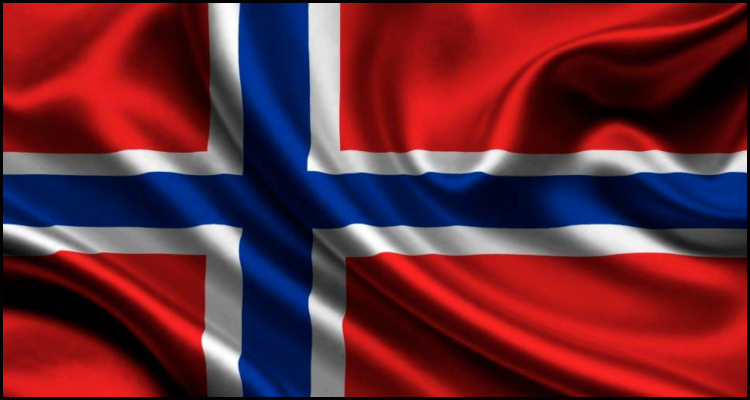The government for Norway is reportedly planning to introduce legislation that would compel local Internet service providers to exploit domain name system (DNS) obstruction software in order to block unlicensed gambling websites.
According to a report from iGamingBusiness.com, the new mandate was included in a consultation paper recently submitted to the European Commission as part of an ongoing effort to stop foreign iGaming firms without a relevant license from being able to target Norwegian gambling aficionados. The source detailed that the program would involve an amendment to the nation’s Gambling Act, which was proposed in June of 2020 and is currently making its way through the legislative process.
Indigenous monopoly:
Norway is home to almost 5.4 million people although local gambling aficionados are reportedly prohibited from legally accessing services from any other firms except state-owned lottery operator Norsk Tipping AS and parimutuel betting provider Norsk Rikstoto. This state of affairs purportedly sits in stark contrast to the situation in neighboring Sweden where non-domestic iGaming operators have been able to obtain licenses since January of 2019.
Reigning regulator:
The consultation paper sent to the European Commission reportedly disclosed that the planned amendment intends to place the ultimate authority for whether to block an unlicensed iGaming service into the hands of the Norwegian Gaming Authority. The document purportedly moreover explained that this facility would allow the country’s watchdog to order local Internet service providers to employ DNS-blocking software so as to prevent such websites from being accessible in Norway.
Increased intensity:
Abid Raja (pictured) serves as the Minister of Culture,  Sports and Equality for Norway and he reportedly divulged that the present incarnation of the Gambling Act would simply have compelled Norwegian Internet service providers to inform local customers as to the unlicensed status of gambling websites. However, the 45-year-old politician purportedly asserted that the new language will potentially allow regulators to issue a blocking order if they are unsuccessful in getting the offending domain taken down, are unable to contact its operator and have determined that it has been running without a license.
Sports and Equality for Norway and he reportedly divulged that the present incarnation of the Gambling Act would simply have compelled Norwegian Internet service providers to inform local customers as to the unlicensed status of gambling websites. However, the 45-year-old politician purportedly asserted that the new language will potentially allow regulators to issue a blocking order if they are unsuccessful in getting the offending domain taken down, are unable to contact its operator and have determined that it has been running without a license.
Raja reportedly declared…
“These companies do what they can to circumvent Norwegian law. With blocking, we will be able to gag them and we will go as far as possible to get rid of these companies. Basically, we do not want DNS-blocking but we also do not want the gambling problems these companies bring to the country.”
Further factors:
A member of the centrist Liberal Party, Raja reportedly detailed that the proposed Gambling Act amendment will additionally oblige the Norwegian Gaming Authority to conduct a proportionality assessment before ordering a site to be blocked. He purportedly stated that these exercises are to be required to balance the public interest against such issues freedom of expression and information in addition to the potential consequences to the Internet service provider.



